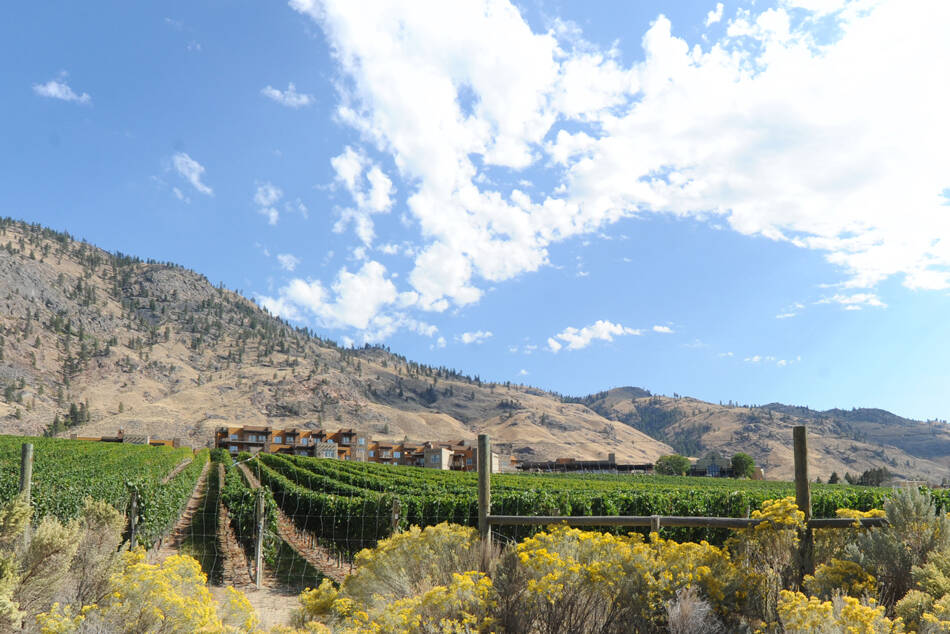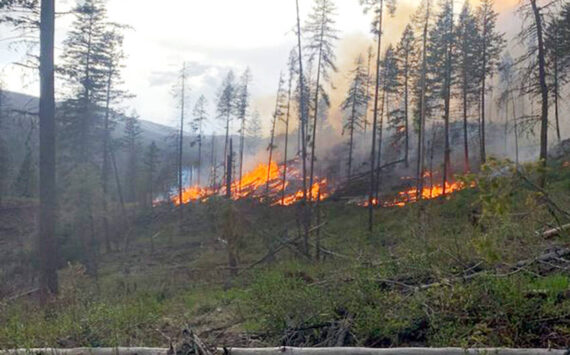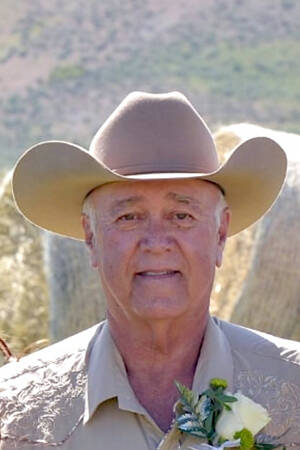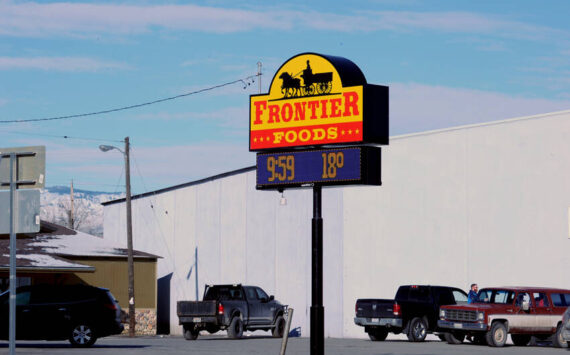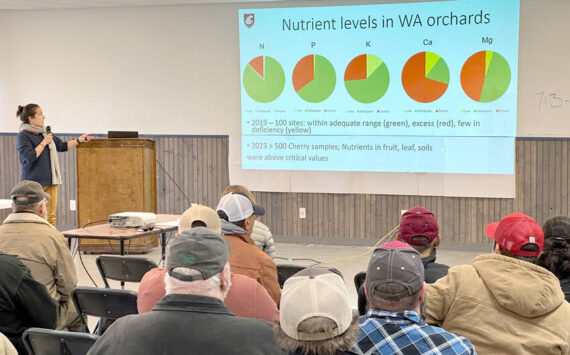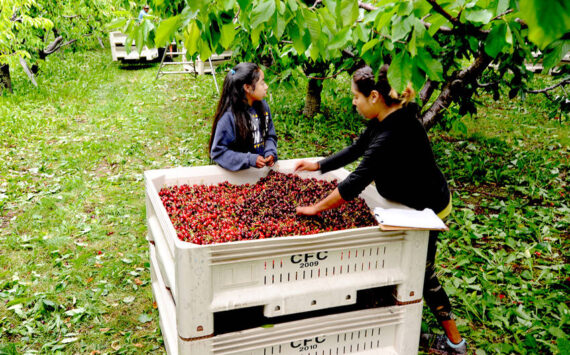By TJ Martinell | The Center Square
(The Center Square) – Several Washington congressional members have introduced legislation that would enable wine grape growers to be insured against smoke exposure in an effort to financially protect the state’s wine industry against damages caused by wildfire smoke.
Sponsored by U.S. Rep. Dan Newhouse, R-Wash., and Sen. Patty Murray, D-Wash., along with Rep. Mike Thompson, D-Calif., and Sen. Alex Padilla, D-Calif., the bill would amend the Federal Crop Insurance Act to require the Federal Crop Insurance Corporation, or FCIC, to develop a crop insurance that covers losses due to smoke exposure. The bill would require the FCIC to submit a feasibility report to Congress within two years of its passage.
Although “smoke taint,” or smoke exposure to wine grapes prior to veraison, does not make wine unsafe to drink, it can alter its taste and quality, depending on the amount of the actual amount of particulate in the smoke. That can make wine made from them undesirable to consume and as a result lower the value of the wine grapes.
In a 2019 Oregon State University article, James Osborne and Elizabeth Tomasino wrote that “most commonly, smoke-affected wines are described with words such as ‘smoky,’ ‘ashtray,’ ‘tarry,’ ‘ash,’ ‘toasted,’ ‘spicy,’ ‘burnt rubber,’ ‘leather’ and ‘phenolic.’ Changes in mouthfeel can also occur with an increased drying sensation in the mouth. It has also been noted that other wine-like characteristics may decrease, suggesting that smoke compounds can mask other wine characteristics.”
Nationally, Washington ranks second only behind California in terms of wine production, with more than 800 wineries and 250 wine and grape growers on 14,000 acres of vineyards.
Under existing policy, wine grape growers can obtain crop insurance, but those policies only cover actual physical damage. Lab tests of wine grapes are required to demonstrate that losses were the result of wildfire rather than market-related conditions.
Washington State University’s Department of Viticulture and Enology studies the impact of wildfire smoke on wine grapes. In a 2022 study, a group of researchers in the department found that a new class of sulfur-containing compounds called thiophenols was the cause of smoke impacts “when in combination with volatile phenols.”
In recent years in response growing impact of wildfire smoke, the West Coast Smoke Exposure Task Force, or WCSETF, was formed. Its leadership includes the Washington State Wine Commission and the Washington Winegrowers Association. It hosted its third annual smoke summit last month.
Crosscut is a service of Cascade Public Media, a nonprofit, public media organization. Visit crosscut.com/membership to support independent journalism.
